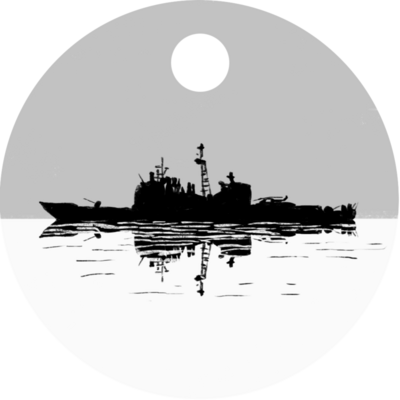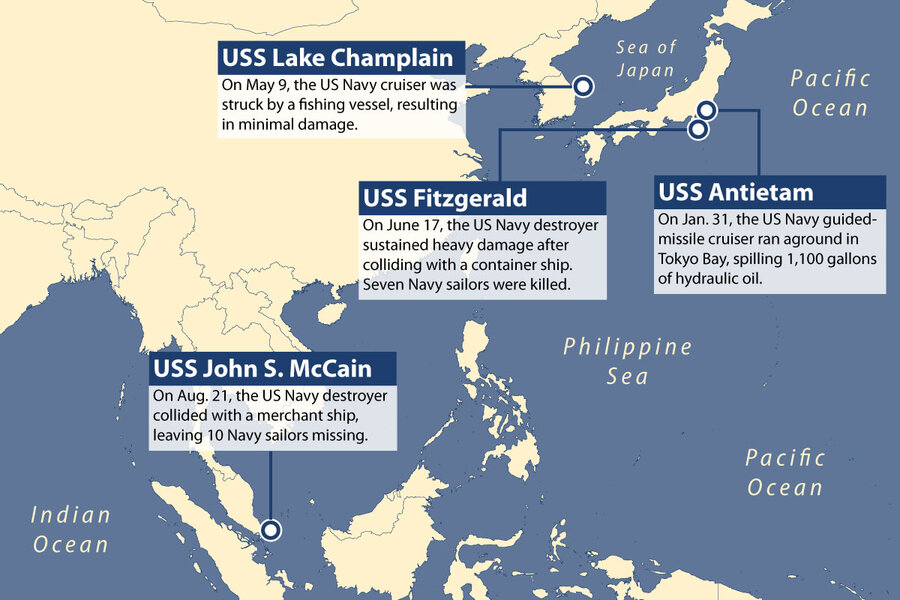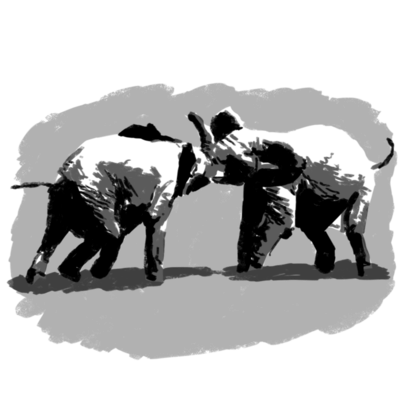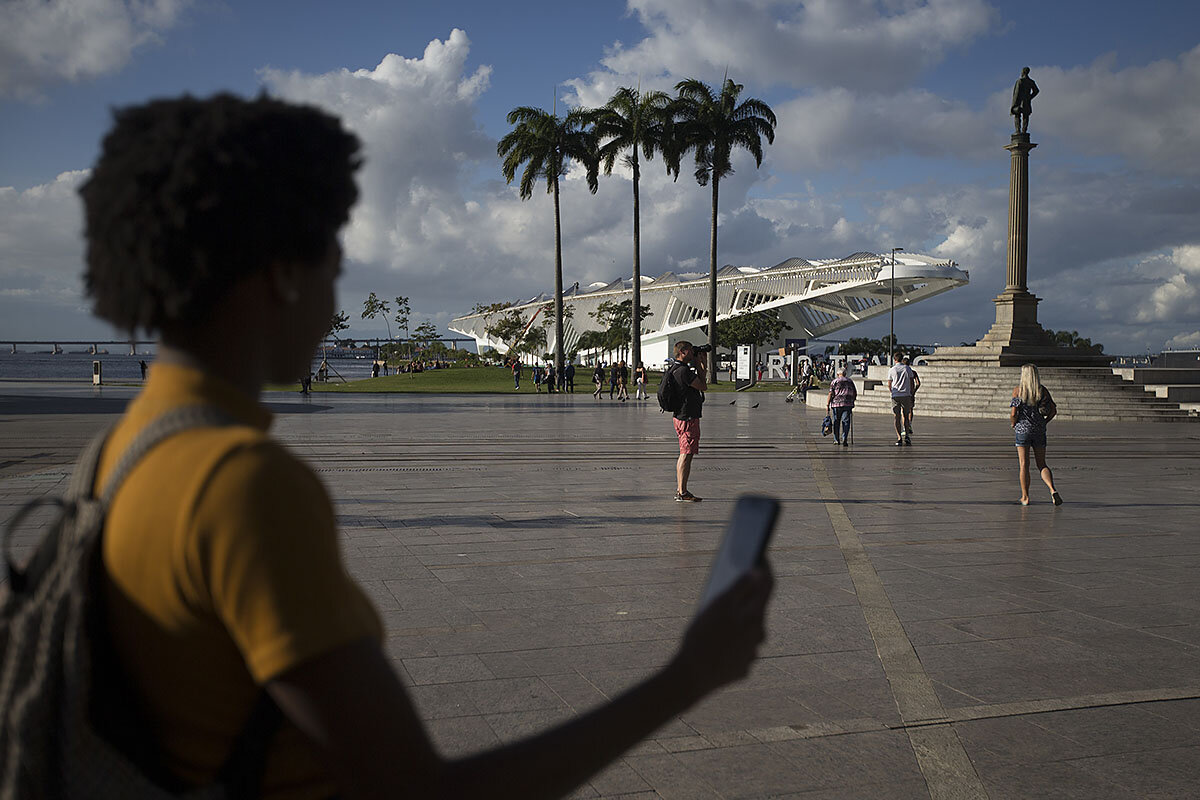As President Trump launched a “new strategy” in Afghanistan this week, there are signs of progress on an issue he did not target but that is perhaps even more important to Afghanistan’s future – the battle to ease the burdens of corruption.
Last week, a highly ranked general and a key businessman – Gen. Mohammad Moeen Faqir and Abdul Ghafar Dawi – were tried, convicted, and sentenced in an anticorruption court. “These cases show that money and power are not a guarantee,” Attorney General Farid Hamidi told The Washington Post. “We still do not have complete justice in Afghanistan, but we no longer have complete impunity.”
The burden of corruption on hopes and aspirations can feel heavy indeed. Ill-gotten gains may seem the way of the world. But moral courage and truth can find space, sometimes where we least expect them. And when they do, history can turn.
Afghan President Ashraf Ghani made anticorruption a priority when he came to office. For instance, he has established anticorruption courts tasked with issues ranging from bribery and tax collection to false licenses and the rights of retirees.
“This is the most progress they’ve seen in a long time,” says Earl Anthony Wayne, a former deputy ambassador to Afghanistan and global fellow at the Wilson Center in Washington.
It became clear early in the 16-year Afghanistan War that rampant corruption in the country significantly affected US efforts to bring stability. President George Bush’s efforts to stifle the nation’s drug economy backfired, and President Barack Obama’s repeated calls on then-President Hamid Karzai to crack down on corruption fizzled.
President Trump’s blueprint for America’s longest war explicitly rejects “nation-building” as a goal. It involves a mini-surge of US troops, an end to arbitrary time limits for deployment or withdrawal, and a notice to Pakistan that supporting terrorists will no longer be tolerated. But longtime Afghanistan-watchers say that building confidence in government and rule of law can be one of the most effective antiterror strategies.
“Helping foster the development of accountable institutions that are responsive to the people and subject to a relatively equitable rule of law is critical,” says Sarah Chayes, senior associate in the Democracy and Rule of Law Program at the Carnegie Endowment for International Peace. “Instead, we empowered and reinforced a mafia government, racked by cronyism.” Her book on the costs of corruption, “Thieves of State,” is based on her 10 years working in Afghanistan, including as an adviser to the US military.
Some of the push for serious anticorruption measures is coming from donors impatient with seeing billions in aid landing in corrupt private hands. But worldwide, a new generation of young people – frustrated with seeing their futures siphoned to Swiss bank accounts or expensive cars – are pressuring governments from the street. April’s anticorruption protests in Romania were organized by high school students. On March 26, anticorruption protests broke out in more than 90 Russian cities, with heavy representation among youth. A grade-schooler addressed protesters in the Siberian city of Tomsk.
“These protests on the street are very helpful, but what is more important is that civil societies develop the technical skills to understand what corruption is – and convince partners in the private sector that a corruption-free international market is much better for them,” says Peter Eigen, the founder of Transparency International, a leading anticorruption nongovernmental organization.
Mr. Eigen, who worked with President Ghani on corruption issues at the World Bank in the 1990s, says that Ghani has the background to develop credible institutions and resources to deal with corruption.
“There is a possibility to change things,” he adds. “But it will take a very strong coalition between a locally based civil society – not just do-gooders from Germany and the US – to deal with corruption and lift the standard of integrity. The national government cannot be the leader. It has to be in cooperation with an organized civil society that is becoming stronger and stronger, with more wisdom and more courage.”
 Amelia Newcomb
Amelia Newcomb










